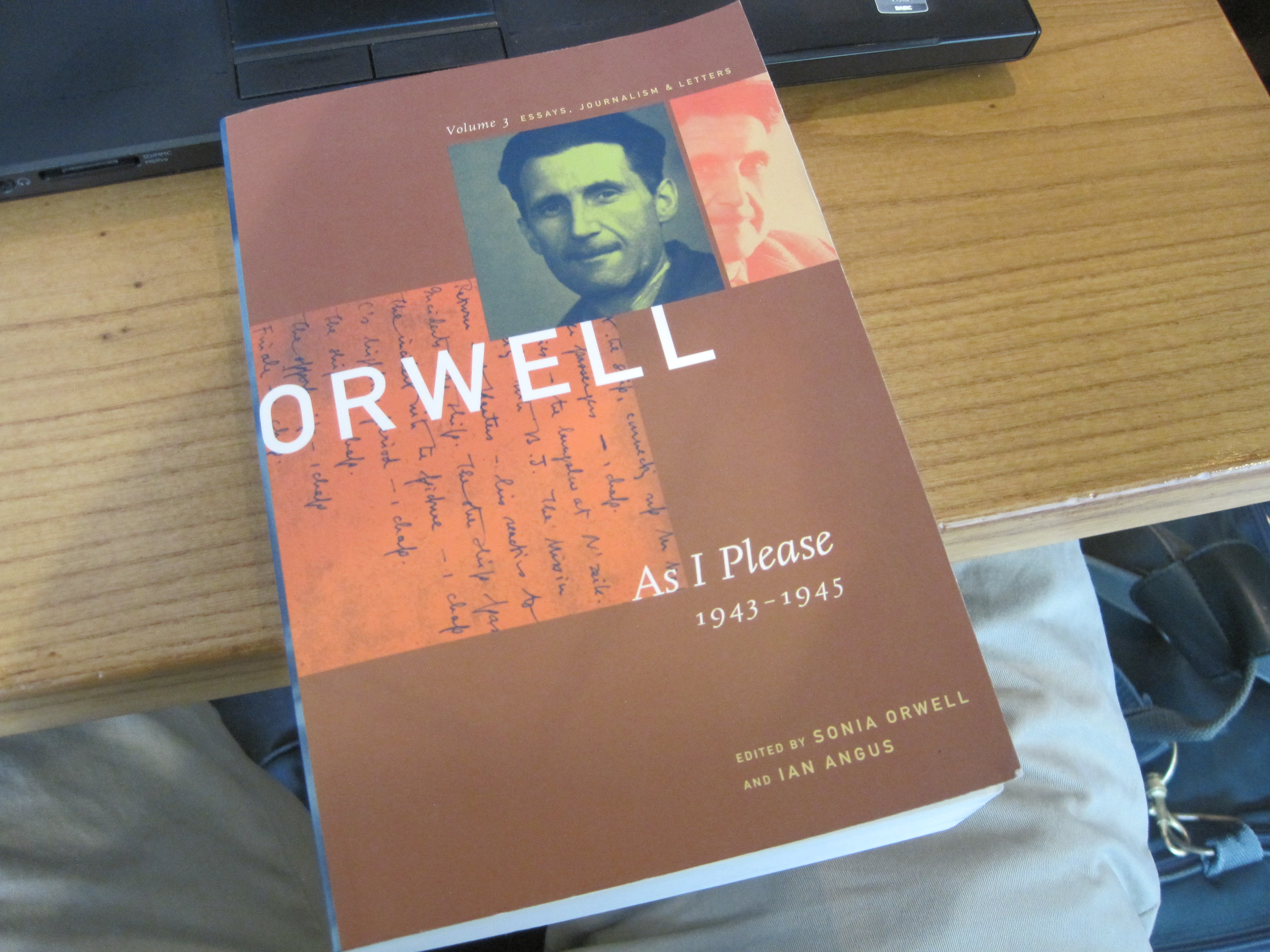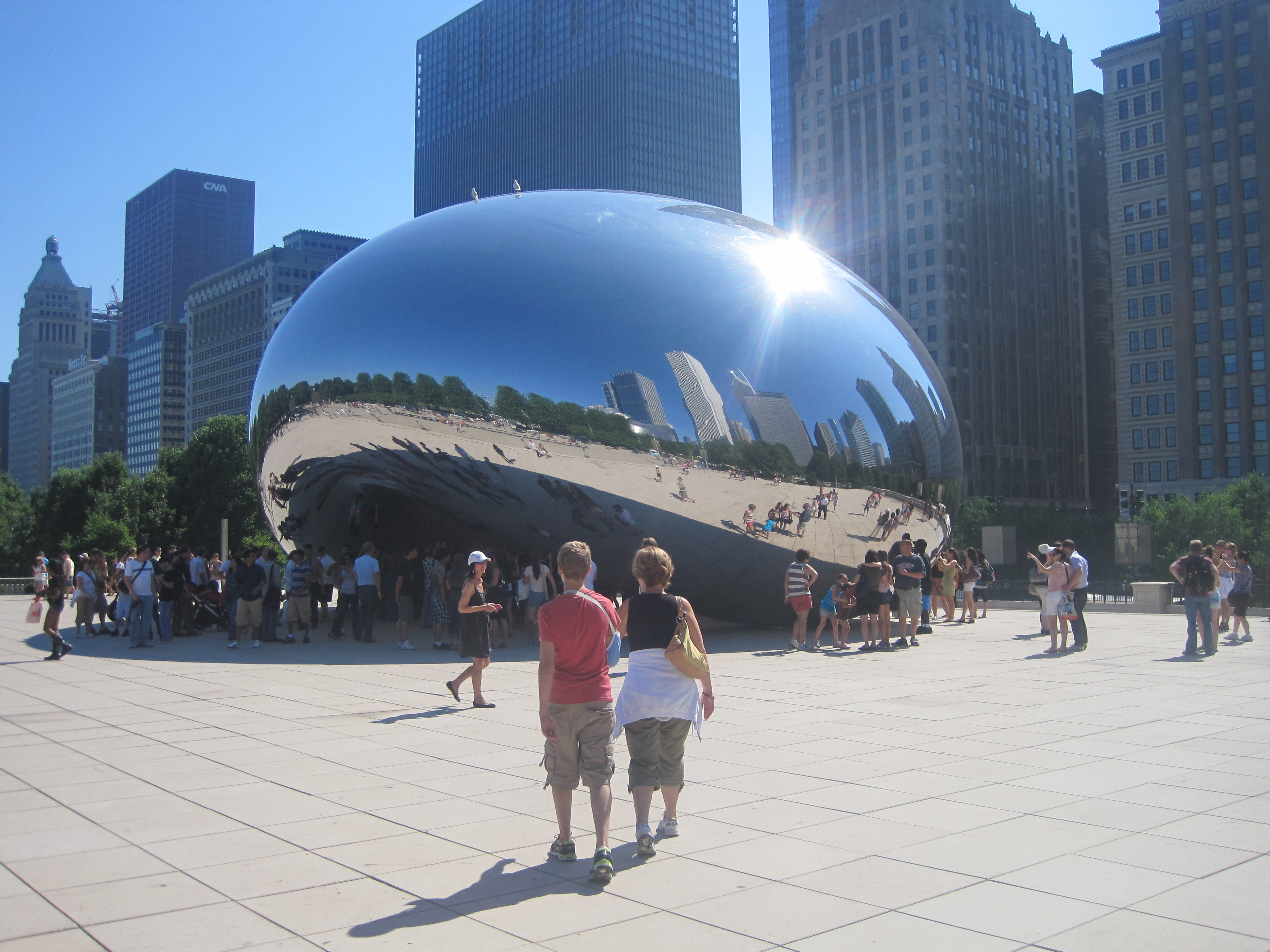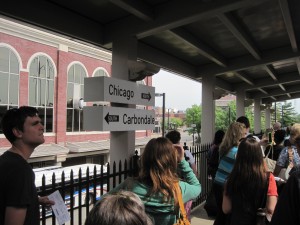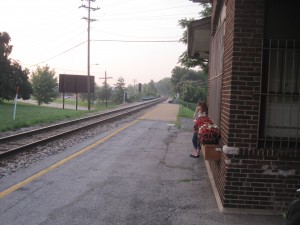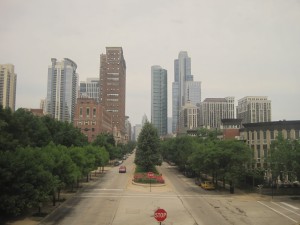Here is a riddle: what is the best way to take over the world? Need a minute? The answer is this: make something that everybody uses. This was my first thought on encountering the now almost inevitable internet destination that is Google Plus. What it is is an aggregation of Google’s top services and much of what we use on the internet, in one place.
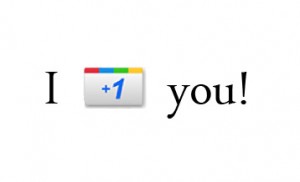 It has got everyone talking. Even my grammar professor want to know how it can be used to teach an online class (hint: it can’t without the glitches of privacy and copyright concerns). It can, however be used to manage a social existence without worries to privacy the kind that Facebook brought. What exactly is Google Plus? I’d say it’s Facebook, Twitter, Blogger combined with some of other services we use everyday. Who would have thought that a day will come when everything we search for on Google can now be indexed publicly for our friends to see if we want. Who needs twitter? Who needs Facebook? Who needs a blog even? With Google Plus, everything comes together, and you still get to keep your gmail address.
It has got everyone talking. Even my grammar professor want to know how it can be used to teach an online class (hint: it can’t without the glitches of privacy and copyright concerns). It can, however be used to manage a social existence without worries to privacy the kind that Facebook brought. What exactly is Google Plus? I’d say it’s Facebook, Twitter, Blogger combined with some of other services we use everyday. Who would have thought that a day will come when everything we search for on Google can now be indexed publicly for our friends to see if we want. Who needs twitter? Who needs Facebook? Who needs a blog even? With Google Plus, everything comes together, and you still get to keep your gmail address.
Here’s how someone put it in a recent shared post:
Instead of saying, “I’m going to write a blog post now,” or “I’m going to send an e-mail” or “I think I’ll tweet something” you simply say what you have to say, then decide who you’re going to say it to.
If you address it to “Public,” it’s a blog post.
If you address it to “Your Circles” it’s a tweet.
If you address it to your “My Customers” Circle it’s a business newsletter.
If you address it to a single person, it can be a letter to your mother.
Why would you pay to keep a blog online when you can have everything a blog gives you for free on such a cool platform? Oh, I know the answer: that little issue of copyright and ownership. Besides that however, Google Plus is a nice new addition. I’ve already begun considering leaving Facebook though I know it might never really happen. It’s already a while since I last logged on to twitter. I think there is something relaxing about not having to open so many windows on my (wait for it: Google) Chrome browser.
I hope to use G+ to share some of my online curiosities and discoveries, particularly those not worth writing a whole blog post about. Join my Google Plus circle here.
